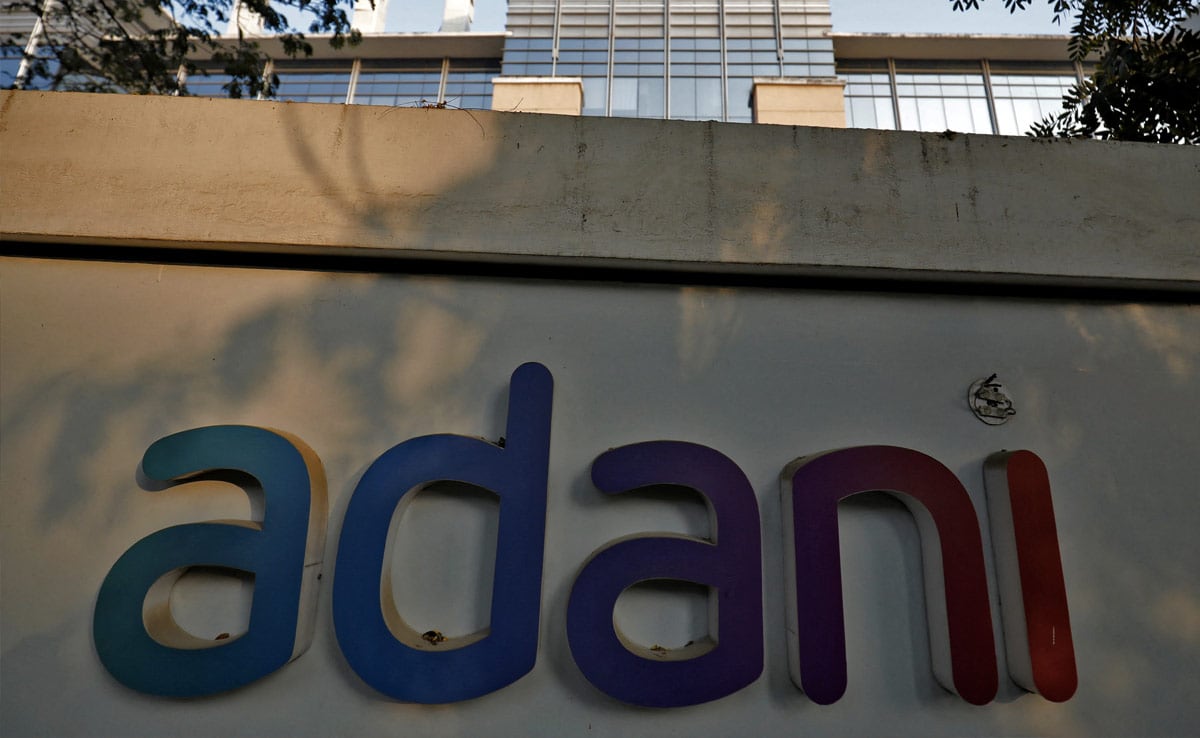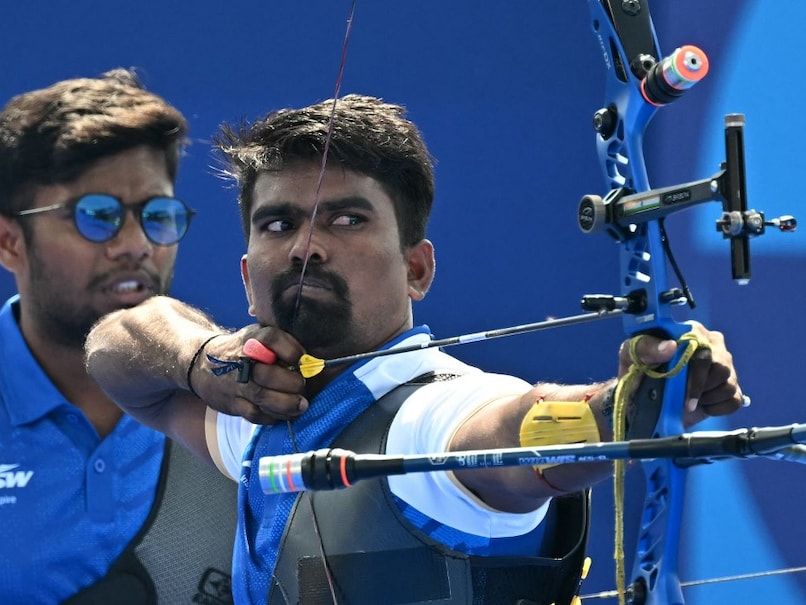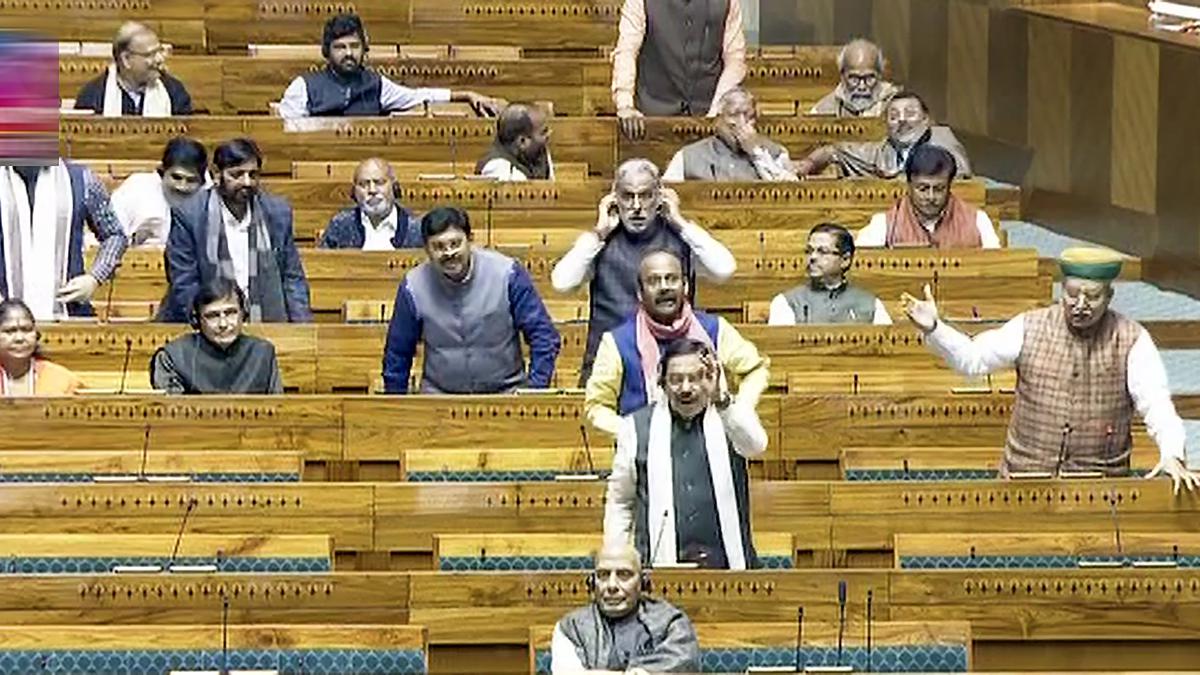Flags of China and India on a brick wall. Background on the topic of international conflict
| Photo Credit: grynold
Chief Economic Advisor (CEA) V. Anantha Nageswaran has suggested that India may stand to gain more by “replacing some well-chosen imports with investments from China” thus helping both boost Indian manufacturing and plugging India into the global supply chain as it looks to tap advanced economies’ push to diversify beyond China through a China plus one sourcing approach.
Writing in a chapter on the ‘Medium Term Outlook: A growth strategy for New India’ in the Economic Survey tabled in Parliament on Monday, the CEA appeared to tacitly endorse an industry plea to review restrictions on investment flows from China that had been announced by the government in 2020, ostensibly to protect Indian companies from opportunistic takeovers in the wake of the COVID-19 pandemic.
Observing that the “dynamics of India-China economic relations continue to be extremely complex and intertwined” and that despite outpacing China’s growth rate, India’s economy was still only “a fraction of China’s”, Mr. Nageswaran said India’s policy choices in charting its economic ties with its neighbour offered no easy options.
“The questions that India faces are: (a) Is it possible to plug India into the global supply chain without plugging itself into the China supply chain? and (b) what is the right balance between importing goods and importing capital from China?” the CEA wrote. “As countries attempt to reshore and friendshore, India’s policy choices concerning China are exacting,” he noted.
‘FDI more advantageous’
The CEA held that for India to benefit from the world’s China plus one strategy, it could consider either integrating into China’s supply chain or promote FDI from its Asian neighbour. However, he argued that FDI from China appeared “more advantageous than relying on trade” in light of China being India’s top supplier of imports and given the widening trade deficit.
Citing the challenges that several emerging market and developing economies faced in dealing with China’s ‘manufacturing juggernaut’ that constrained the development of their domestic industries and made them vulnerable to lower-cost Chinese imports, the CEA said these countries needed to fine-tune policies in such a way as to raise tariffs on some imports and at the same time leverage Chinese investment and technology.
“Replacing some well-chosen imports with investments from China raises the prospect of creating domestic know-how down the road. It may have other risks, but as with many other matters, we don’t live in a first-best world. We have to choose between second and third-best choices,” Mr. Nageswaran asserted.







